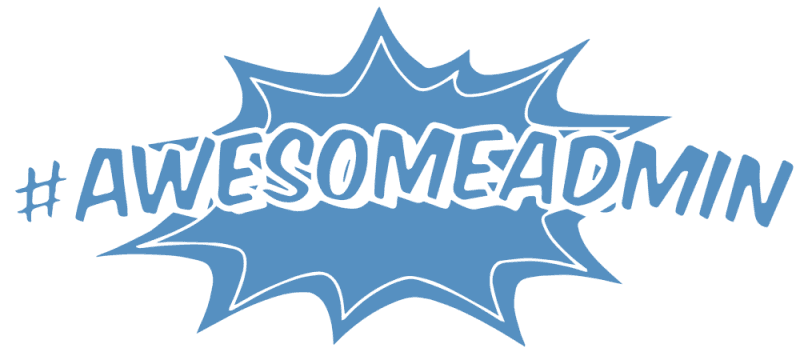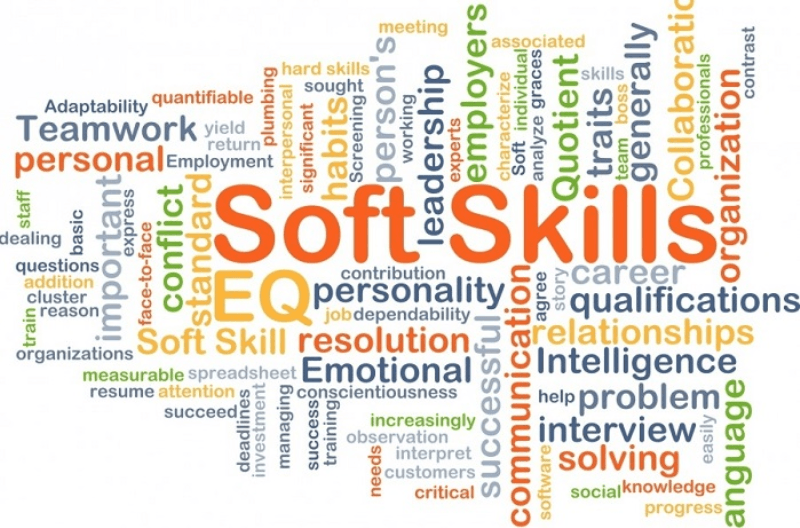
Know All About the Role of Salesforce Administrator
The role of a Salesforce Administrator is wide and varied, depending on the skills of the person performing the role and the size/complexity of the organization. There is a basic set of tasks that must be done and then there are other tasks that delve into the skillset of a Business Analyst or a Salesforce Developer. Our knowledgeable Admins at KeyNode Solutions can easily do everything talked about in this blog post, and more!
The Salesforce Administrator role encompasses many technical skills as one would expect, but there are many more skills that are desirable in an awesome admin. Being a business expert with a deep insight into how the business operates, seeking out ways to improve productivity, possessing a creative problem solving ability, having a clear understanding of business goals and objectives, and great skills to communicate with all levels within the organization are the attributes that make an awesome Salesforce Administrator.Admin Basics
These are the key tasks that Salesforce Administrators perform on a regular basis:
- Creating new accounts, disabling old ones and resetting passwords
- Performing backups and the import/export of data
- Building new reports and dashboards
- Creating new fields, page layouts, lightning record pages
- Creating new automations using workflows, process builder, flow builder, approval processes and assignment rules
- Implementing data validation rules to ensure accurate data entry
- Preventing duplicate records and other data cleansing activities to keep data clean and accurate
- Troubleshooting and debugging problems
- Testing new features thoroughly via a formal testing process
- Installing new applications from the AppExchange to extend Salesforce
- Training staff on Salesforce use and growing the skillset across your organization
- Developing and maintaining appropriate training material
- Monitoring usage, error logs and resource usage to keep your environment running smoothly
- Utilizing all features and licences to get the best value from your investment
- Keeping up with new features, and implementing the desired features from the new Salesforce releases three times per year
- Managing relationships with other internal and external stakeholders including your internal IT department, implementation partners and Salesforce
Admin Analyst
A Salesforce Administrator can often take on Business Analyst roles too, analysing a business requirement and using their knowledge of Salesforce to identify how this requirement can be implemented. This typically requires the following skills/functions:
- Identifying key business processes that require improvement
- Identifying the users and impacts of these processes
- Collaborating with the business to understand how these processes currently work
- Documenting and verifying the “current state” of these processes
- Collaborating with the business to define the “future state” of these processes
Admin Developer
Many features available in Salesforce can be delivered via “clicks-not-code”. Many functions that would normally have required a software developer can now be done by an admin.
The following tasks can be performed by an administrator without writing a single line of code:
- Adding new fields to a page
- Creating new objects to store data and relating these to existing objects
- Redesigning page layouts and Lightning Record pages to improve productivity
- Building automations that create or update records based on certain actions
- Submitting records for approval
- Automatically sending emails when certain criteria have been met
- Developing complex reports
- Developing dashboards to show real-time KPI progress
Soft Skills
While good technical product knowledge is essential to be a great Salesforce Admin, the following four skills were recently rated by Salesforce Admins as the most important skills to have:
- CommunicationWorking with people from all levels within the organization from the CEO to end users requires exceptional communication skills. Ensuring users and stakeholders know when changes are taking place, encouraging users to use the features available and letting them know they have support are critical.
- Listening Thoroughly understanding the user’s problem. Asking why, why, why and listening to the answers. Using active listening to clarify these answers. Getting to the key issue at hand.
- FlexibilityIn the fast-paced business environment we work in today it’s important to be flexible. Requirements can change instantly and often.
- Problem Solving
Users come to you with all kinds of problems and Salesforce often has many different options available for you to solve the problem. It’s your job to identify the issue and find the appropriate solution.
“Being able to speak to stakeholders at varying levels in the company. For example, if you’re talking to a salesperson, it’s important to be concise and to the point vs. if you’re speaking with an executive, it’s important to be able to communicate at a high-level and be able to interact in a way that’s appropriate and in line with that kind of a dialogue. Bottom line: communications skills is the number one soft skill.” – Kimberly Wallins Friedman from Hire On-Demand
Salesforce Consulting Partner company like KeyNode Solutions can provide a suitably skilled and experienced Salesforce Administrators to meet your requirements, whether they be on a regular monthly basis or a short-term requirement to cover planned staff absences.
Source: KeyNode Solutions.







